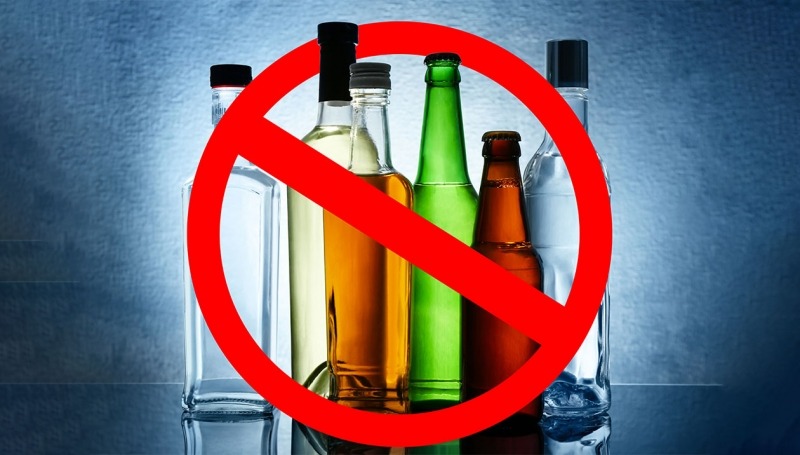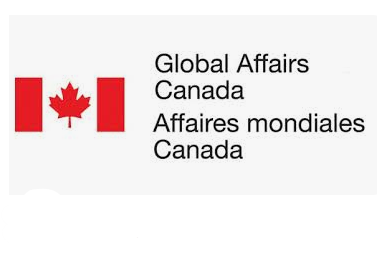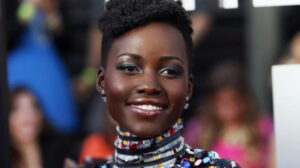In a set of guidelines for food advertisements released on February 1, 2016, the FDA states that “No well-known personality or professional shall be used in alcoholic beverage advertising.”
According to the authorities, the purpose of the rule was to stop minors from developing an alcohol addiction as a result of celebrity influence.
The FDA added that the prohibition was in line with a World Health Organization (WHO) regulation and that it was an effort to keep kids and young adults from falling victim to alcoholism.
In his lawsuit challenging the FDA order, Mark Darlington prayed that the Supreme Court would declare the regulation unlawful on the grounds that it infringed upon the right to discrimination protected by Article 17 of the 1992 Constitution.
However, the claim was dismissed on Wednesday, June 19, by the Supreme Court in a majority decision of 5-2. The FDA’s mandate was deemed by the court to be reasonable and not excessive, and it did not violate any constitutional provisions.
The entire ruling will be accessible on Friday, June 21.
Reliefs Sought:
(a) A declaration that on a true and proper interpretation of Articles 17(1) and 17(2), which guarantee equality before the law and prohibit discrimination against persons on grounds of social or economic status, occupation, among others, Guideline 3.2.10 of the Guidelines for the Advertisement of Foods published by the 1st Defendant on February 1, 2016, which provides that “No well-known personality or professional shall be used in alcoholic beverage advertising,” is discriminatory, inconsistent with, and in contravention of Articles 17(1) and 17(2) of the 1992 Constitution, and thus unconstitutional.
(b) A declaration that on a true and proper interpretation of Articles 17(1) and 17(2), Guideline 3.2.10 of the Guidelines for the Advertisement of Foods published by the 1st Defendant on February 1, 2016, which prohibits well-known personalities and professionals from advertising alcoholic products, is inconsistent with and in contravention of Articles 17(1) and 17(2) of the 1992 Constitution, which guarantee equality before the law and prohibit discrimination against persons on grounds of social or economic status, occupation, among others, and consequently null, void, and unenforceable.
(c) An order striking down Guideline 3.2.10 of the Guidelines for the Advertisement of Foods published by the 1st Defendant on February 1, 2016, as being inconsistent with and in contravention of the letter and spirit of the 1992 Constitution, and as such nullified.
(d) An order of perpetual injunction restraining the Defendants, their agents, servants, or assigns under the pretext of acting under Guideline 3.2.10 of the Guidelines for the Advertisement of Foods published by the 1st Defendant on February 1, 2016, from doing anything to prevent any well-known personality or professional from advertising alcoholic products.


















